Optimal Timing for Windows Installations
Choosing the best time for Windows installations involves considering factors such as system readiness, workload schedules, and environmental conditions. Proper timing ensures minimal disruption and optimal performance during and after the installation process.
Spring and fall are often ideal due to moderate temperatures and stable weather conditions, reducing the risk of installation delays caused by extreme weather.
Performing installations during early mornings or late evenings can minimize impact on daily operations and reduce downtime.
Aligning installations with planned maintenance periods ensures a controlled environment and allows for proper system updates.
Timing installations when technical support is readily available can facilitate troubleshooting and quick resolution of issues.

A technician preparing a computer for Windows installation.

A server room with multiple systems being prepared for OS updates.
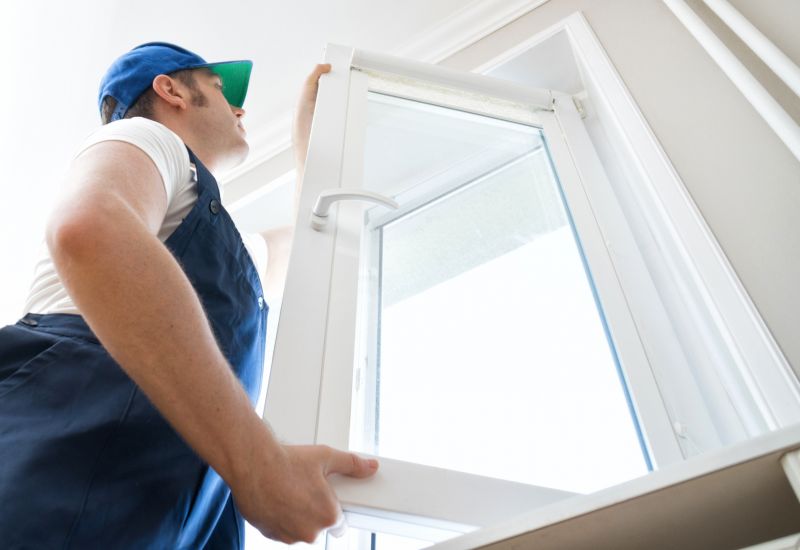
A professional providing support during a Windows upgrade.
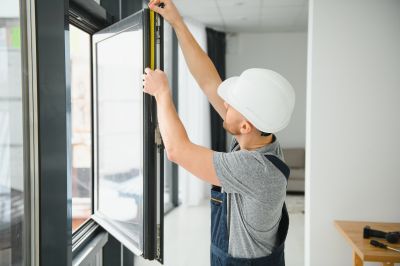
Checking hardware components before installation.
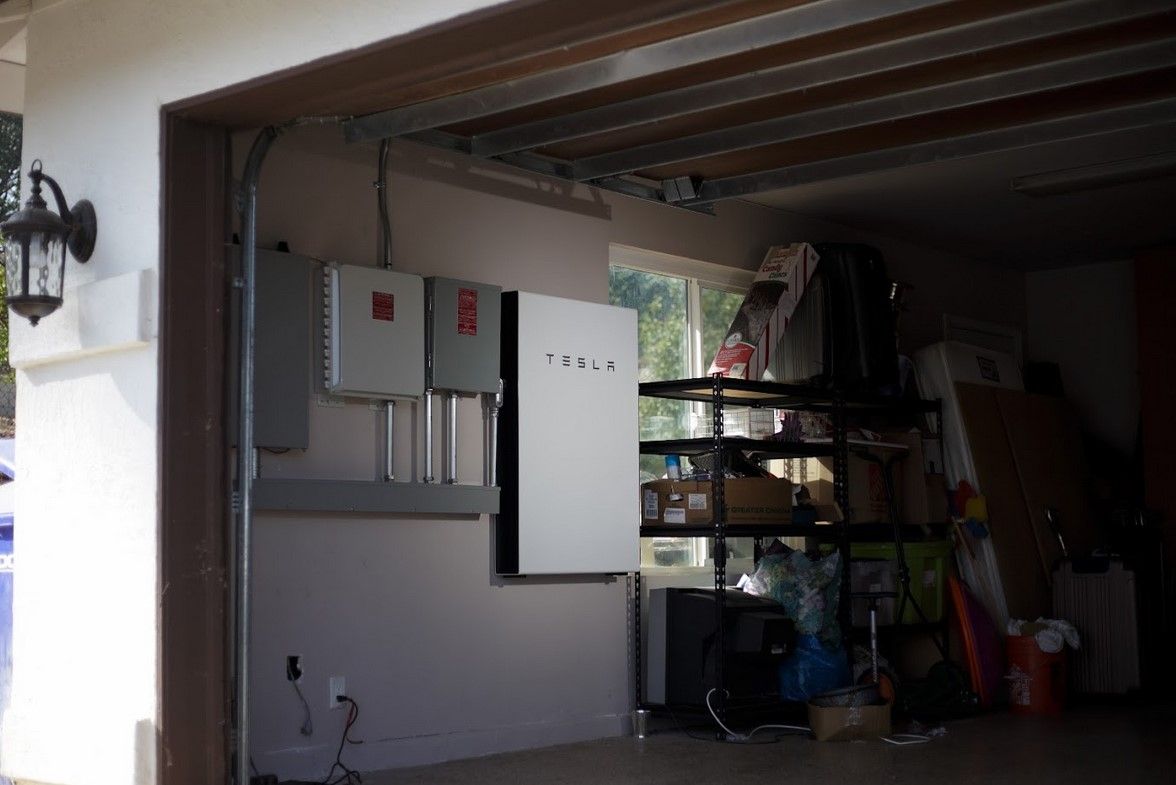
Creating backups prior to Windows installation.

A technician installing Windows on a workstation.

Configuring settings after Windows installation.
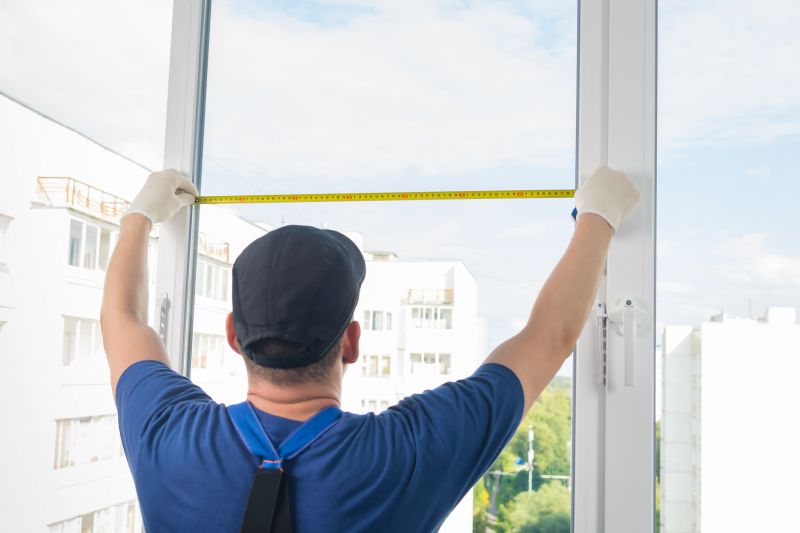
Testing the system after Windows setup.

Connecting new Windows systems to the network.
| Timing Factors | Details |
|---|---|
| Weather Conditions | Moderate temperatures reduce installation risks. |
| Workload Schedules | Choosing off-peak hours minimizes operational disruptions. |
| Support Availability | Ensures technical assistance is accessible if needed. |
| System Readiness | Hardware and software prerequisites should be confirmed. |
| Maintenance Windows | Aligning with scheduled maintenance improves efficiency. |
| Environmental Stability | Avoid periods of high humidity or extreme temperatures. |
| User Availability | Coordinate with users to ensure minimal interference. |
| Backup Procedures | Complete backups before starting installations. |
Windows installations are a critical aspect of maintaining up-to-date and secure computing environments. Proper planning and timing can significantly reduce downtime and ensure smooth transitions. Statistics indicate that scheduling during moderate weather and off-peak hours can decrease installation-related issues by up to 30 percent. Additionally, aligning with maintenance windows allows for comprehensive system checks and reduces the risk of post-installation problems.

A technician configuring Windows settings after installation.

A technician performing data backup prior to OS update.

Testing system functionality after Windows setup.
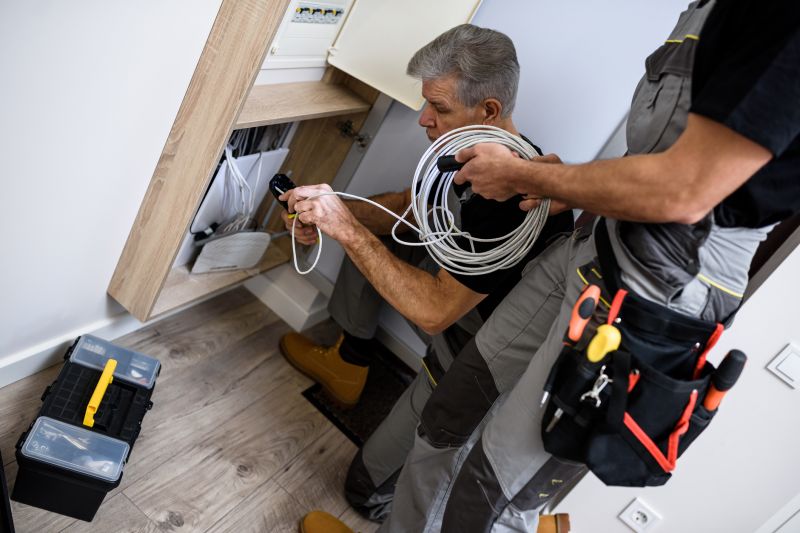
Connecting Windows systems to the network.
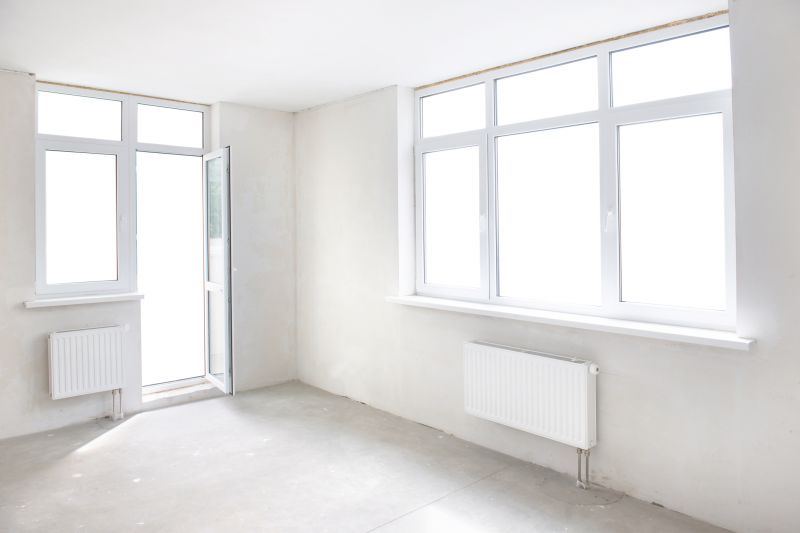
Ways to make Windows Installations work in tight or awkward layouts.

Popular materials for Windows Installations and why they hold up over time.
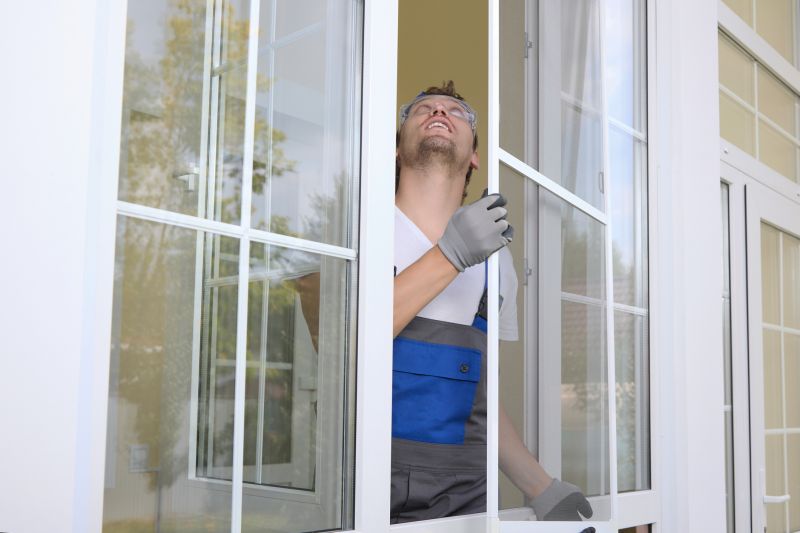
Simple add-ons that improve Windows Installations without blowing the budget.

High-end options that actually feel worth it for Windows Installations.
Interested parties are encouraged to contact for scheduling or consultation regarding Windows installations. Proper timing and preparation can ensure a seamless upgrade process, reducing downtime and enhancing system performance.


